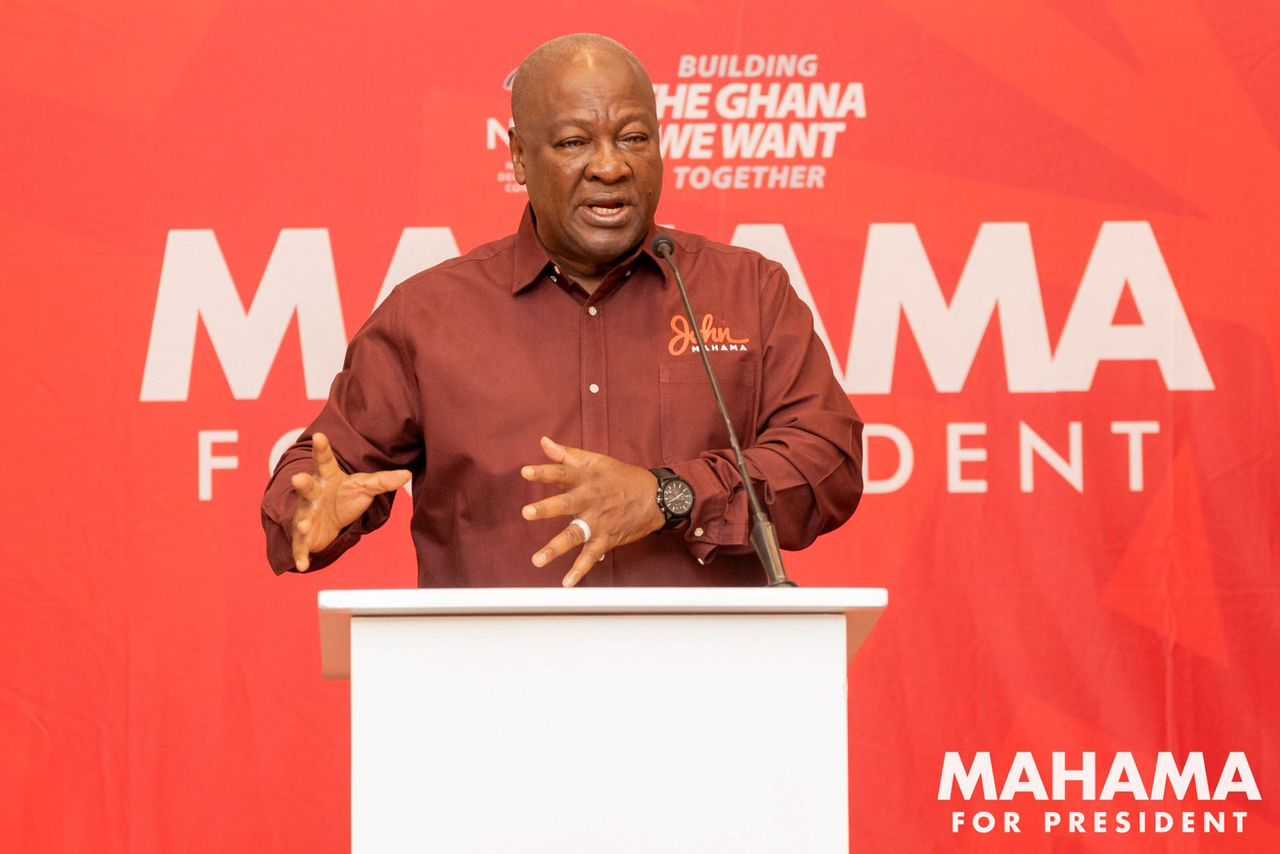John Dramani Mahama, the National Democratic Congress (NDC) flagbearer, has made a significant promise to Ghanaian families. If elected in the upcoming December elections, he vows to introduce a one-week paternity leave for men and extend maternity leave from three months to four months. This initiative aims to ensure newborns receive adequate care during their early development stages, emphasizing the importance of both parents’ involvement in childcare.
Speaking at the NDC Women’s Manifesto launch in Kumasi, Mahama highlighted the need for fathers to care for their partners and newborns. He stated, “Whereas the mother gets four months maternity leave, the father of the child will also get a paternity leave of up to a week… to take care of the mother and the child”.
However, Mahama clarified that paternity leave would only apply to legally married men, requiring proof of marital status. This stipulation ensures the benefit is reserved for families with a recognized union.
The proposed extension of maternity leave from three to four months aligns with international standards. The World Health Organization recommends six months of maternity leave for exclusive breastfeeding and bonding between mothers and newborns.
Ghana’s current maternal mortality rate is 350 out of 100,000 live births, significantly higher than the WHO’s accepted standard of 70 out of 100,000. By extending maternity leave, Mahama’s administration hopes to address this concern.
The Labour (Amendment) Bill, 2023, also known as “parental leave for all,” has been introduced in Parliament. Sponsored by NDC MP Francis-Xavier Kojo Sosu, the bill proposes amendments to the Labour Act 2003.
Key reforms include extending maternity leave and introducing paid paternity leave. The bill also considers additional leave for caesarean sections, stillbirths, or multiple births.
Mahama’s promise to introduce paternity leave and extend maternity leave demonstrates his commitment to supporting Ghanaian families. By involving both parents in childcare, his administration aims to foster healthier relationships and stronger family bonds.
This initiative has sparked discussions about work-life balance and gender equality. Stakeholders have engaged in discussions about amendments to extend maternity leave, introduce paternity leave, and remove taxes on menstrual hygiene products.
Mahama’s administration seeks to create a more supportive environment for Ghanaian families to thrive.


